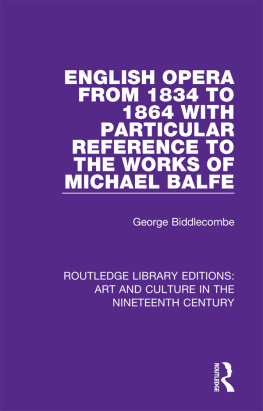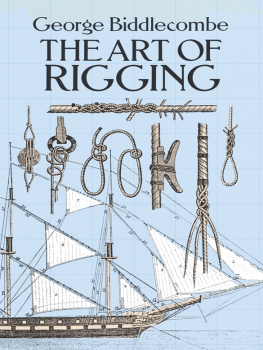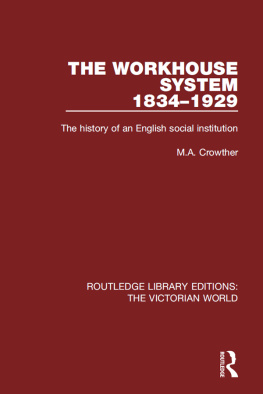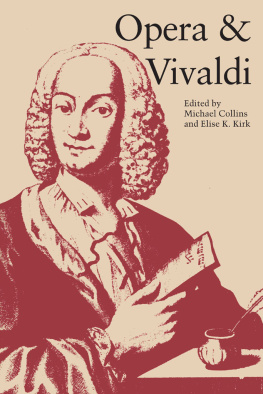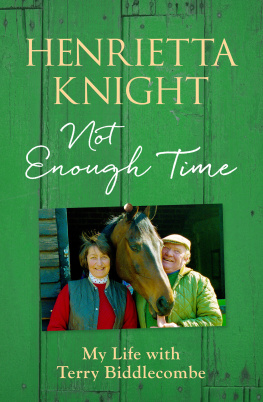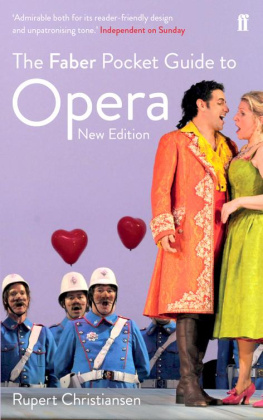ROUTLEDGE LIBRARY EDITIONS: ART AND CULTURE IN THE NINETEENTH CENTURY
Volume 2
ENGLISH OPERA FROM 1834 TO 1864 WITH PARTICULAR REFERENCE TO THE WORKS OF MICHAEL BALFE
ENGLISH OPERA FROM 1834 TO 1864 WITH PARTICULAR REFERENCE TO THE WORKS OF MICHAEL BALFE
GEORGE BIDDLECOMBE
First published in 1994 by Garland Publishing, Inc.
This edition first published in 2019
by Routledge
2 Park Square, Milton Park, Abingdon, Oxon OX14 4RN
and by Routledge
711 Third Avenue, New York, NY 10017
Routledge is an imprint of the Taylor & Francis Group, an informa business
1994 George Biddlecombe
All rights reserved. No part of this book may be reprinted or reproduced or utilised in any form or by any electronic, mechanical, or other means, now known or hereafter invented, including photocopying and recording, or in any information storage or retrieval system, without permission in writing from the publishers.
Trademark notice: Product or corporate names may be trademarks or registered trademarks, and are used only for identification and explanation without intent to infringe.
British Library Cataloguing in Publication Data
A catalogue record for this book is available from the British Library
ISBN: 978-1-138-35894-2 (Set)
ISBN: 978-0-429-42671-1 (Set) (ebk)
ISBN: 978-1-138-36494-3 (Volume 2) (hbk)
ISBN: 978-0-429-43099-2 (Volume 2) (ebk)
Publishers Note
The publisher has gone to great lengths to ensure the quality of this reprint but points out that some imperfections in the original copies may be apparent.
Disclaimer
The publisher has made every effort to trace copyright holders and would welcome correspondence from those they have been unable to trace.
ENGLISH OPERA FROM 1834 TO 1864 WITH PARTICULAR REFERENCE TO THE WORKS OF MICHAEL BALFE
GEORGE BIDDLECOMBE
Copyright 1994 George Biddlecombe
All rights reserved
Library of Congress Cataloging-in-Publication Data
Biddlecombe, George, 1945
English opera from 1834 to 1864 with particular reference to the works of Michael Balfe / George Biddlecombe.
p. cm. (Outstanding dissertations in music from British universities)
Revision of the authors thesis (Ph. D.)University of London, 1990.
Includes bibliographical references and index.
ISBN 0-8153-1436-1
1. OperaEngland19th century. 2. Balfe, M. W. (Michael William), 1808-1870. Operas. I. Title. II. Series. ML1731.4.B5 1994
782.109429034dc20
94-26321
CIP
MN
Printed on acid-free, 250-year-life paper
Manufactured in the United States of America
This is a revised version of my PhD thesis (University of London, 1990).
The thesis was in two volumes. The material has now been reformatted according to the requirements of the Garland series, including a new preface, acknowledgements, some alterations to the music examples, and an index. I have omitted a brief abstract and an appendix that dealt with Cecil Forsyths Music and Nationalism (London, 1911).
The text is largely unaltered. I have, however, taken the opportunity of expanding certain points, such as Balfes word-setting in I dreamt that I dwelt in marble halls (), and the impact of Wagnerism on English opera (Conclusion). Likewise I have expanded the information given in various endnotes. I have also corrected a number of typographical errors.
George Biddlecombe
Royal Academy of Music
February 1994
I wish to repeat the thanks expressed in the preface of the earlier version of this work to my supervisors, Mr Julian Budden and Dr Simon McVeigh.
are reproduced with the permission of The British Library.
I am grateful to the Royal Academy of Music for the use of various facilities and other assistance in preparing this revision.
This thesis sets out to investigate English opera from 1834 to 1864. It is, therefore, unusual. By comparison with that of other countries English nineteenth-century music has received minimal attention. There is an assumption that, if not entirely das Land ohne Musik, England contributed little music of value. This view has existed for well over a hundred years.
To trace the development of this contention would require a separate study. Regarding opera, among the first commentators to call for a reassessment was Eric Walter White.,Whites most detailed work concerned Britten and Tippett, but he drew broader attention to the subject in The Rise of English Opera (London, 1951) and A History of English Opera (London, 1983). These are general historical accounts rather than detailed studies. The Register of First Performances of English Operas and Semi-Operas (London, 1983) that White compiled in conjunction with his later study has been very useful for the present research.
A particular place in the study of English nineteenth-century opera must be accorded to Nicholas Temperley. His contribution has included mounting performances of Loders Raymond and Agnes in Cambridge in 1966. This led to two articles, Raymond and Agnes, Musical Times, 107 (1966), 307-10, and The English Romantic Opera, Victorian Studies, 9 (1966), 293-301. Subsequently he has edited two volumes, The Romantic Age 1800-1914, volume 5 of The Blackwell History of Music in Britain, 6 volumes projected (Oxford, 1988), and The Lost Chord: Essays on Victorian Music (Bloomington and Indianapolis, 1989), which include the most scholarly studies of the subject to date: in the former volume, Bruce Carr, Theatre Music: 1800-1834 (288-306); Michael Hurd, Opera: 1835-1865 (307-29); Nigel Burton, Opera: 1865-1914 (330-57); in the latter, Nicholas Temperley, Musical Nationalism in English Romantic Opera (143-57).
Arthur Jacobss monograph on Sullivan is a rare case, concentrating on a single composer and illuminating the musical scene of his time.
Despite the research noted above, English opera of the period 1834-1864 is still little known. Yet these three decades saw an extraordinary expansion in the genre, initiated by Barnetts The Mountain Sylph of 1834. Balfes first English opera dates from 1835. The year 1864 saw the last of his theatrical works to be given its premiere during his lifetime; the last of Benedicts; and the last of Macfarrens. It was the end of an era of considerable creativity. The purpose of this thesis is to bring this phase of operatic history to attention.
A particular feature of the present study is its broad contextual approach. This is necessary in order to understand the circumstances influencing the development of English nineteenth-century opera, its characteristic features, and the reasons why these traits held sway. The approach involves an investigation into the theatrical situation, the cultural factors shaping the libretto, and the techniques used by librettists, before embarking on a study of the musical elements. The latter must also be seen in context: we need to be aware of the national heritage (a very slender one) that fell to composers of English opera in the mid 1830s and of contemporary foreign opera, so that we may understand why they took certain decisions regarding musical styles and assess their contribution in this light.

